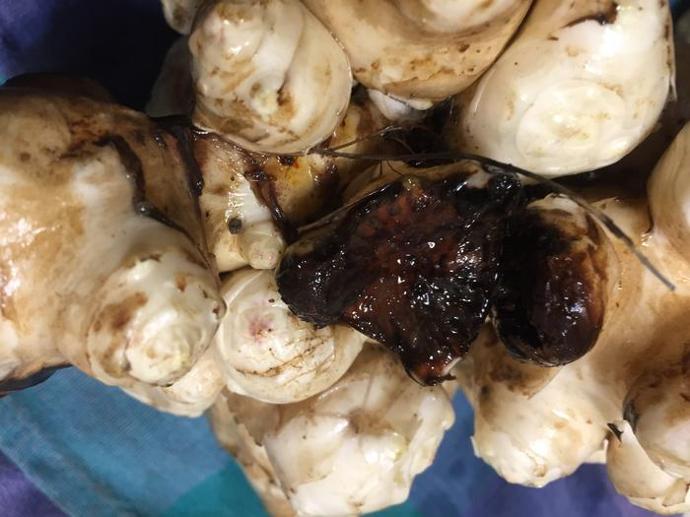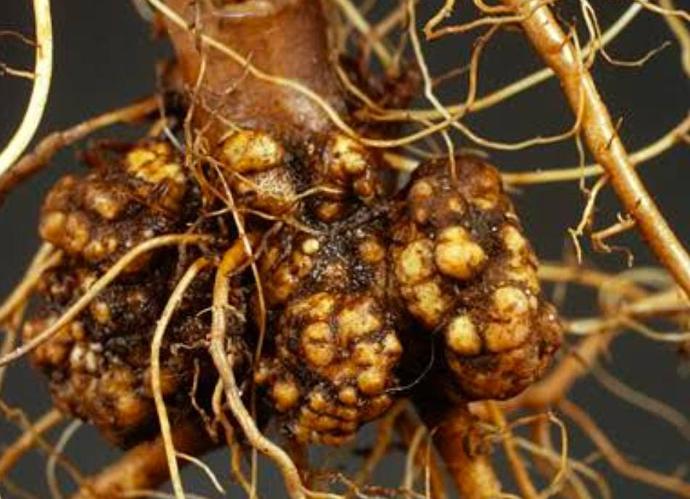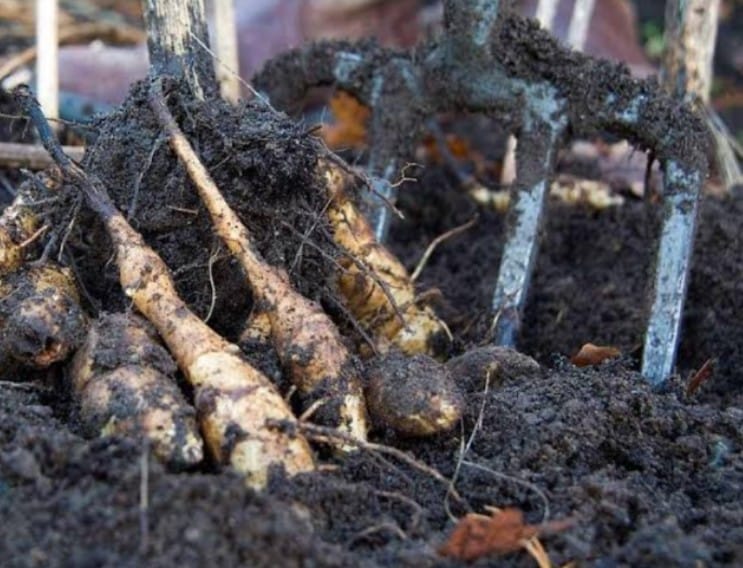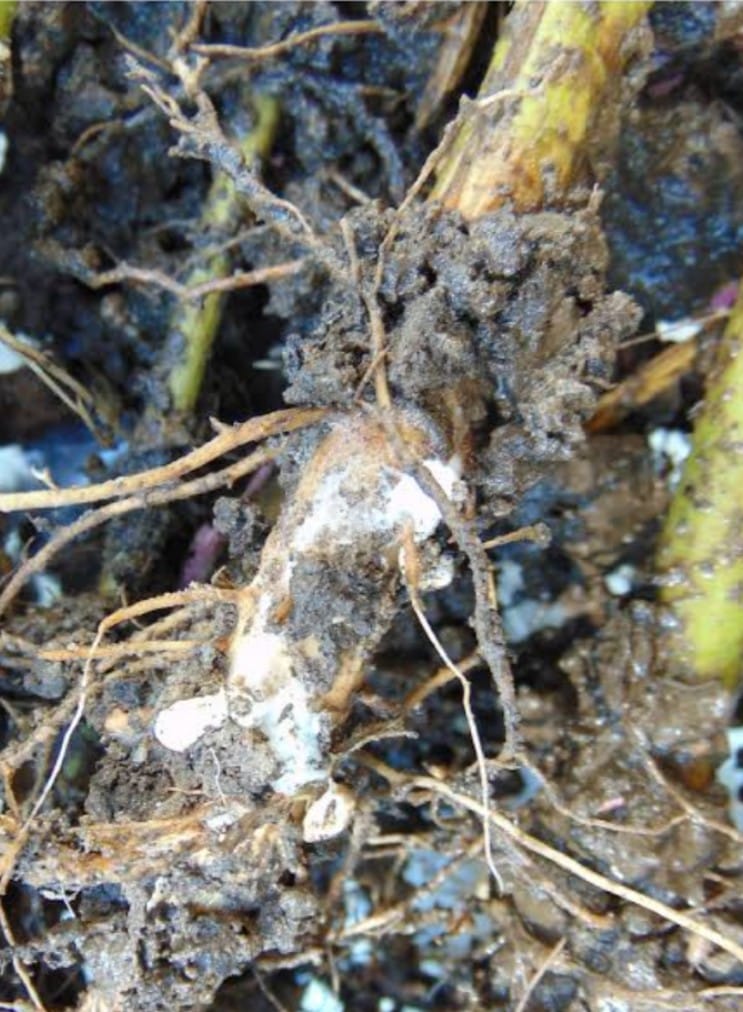Jerusalem Artichoke Plant
Jerusalem artichoke is a frost-tolerant perennial that thrives in fast-draining sandy-loam soil and full sun. It's fast-growing and prefers moist conditions.
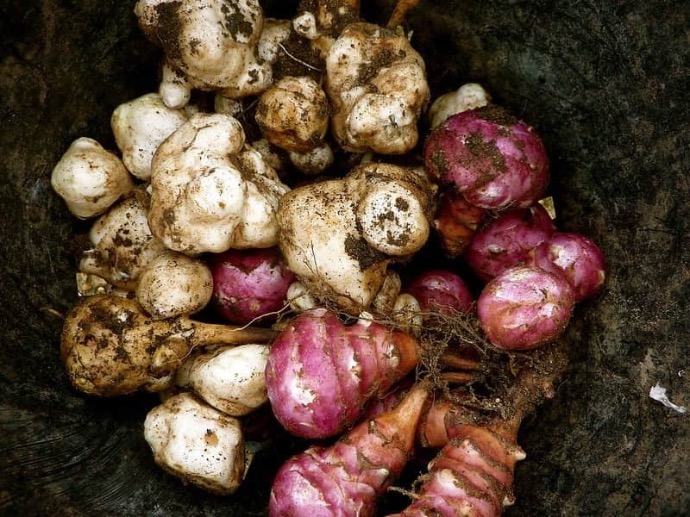
Habit
Perennial
Height
1.5-2 meters
Growth
Fast
Soil
Loamy, well-drained
Shade
Full Sun
Moisture
Moist
Edible
Yes
Medicinal
No
Origin
North America
Climatic Condition
Temperate, cool climates
Temperature (°)
15-25
Humidity (%)
50-70
Potting media
Standard potting mix
Fertilizers
Balanced, slow-release
Watering
Moderate
Plant Weight
500-1,000 grams
Flowering Time
Fall
Soil Ph level
5.5-7.0
Water Ph level
6.0-7.0
Soil EC
0.3-0.5 mS/cm
Yield Per Plant
10-20 kg/plant
NPK ratio
5:10:10
life Span
5-7 years
Health Benefits
High in fiber, aids digestion
Suggested Grow Media or Potting Mix ?
50% loamy soil, 30% compost, 20% sand
Suggested Fertigation/Fertilizers
Fertilize every 2-3 weeks with a balanced fertilizer.
Common Diseases and Remedies
Crown gall , Root Rot .
Crown gall appears as rough, abnormal tumors or galls at or below the soil surface on roots, the crown, or trunk . stunting, yellowing and wilting of plants even when potting media moisture is adequate
Select Resistant Cultivars , avoid excess irrigation .
HEALTH BENEFITS
· High in inulin, beneficial for gut health
· Supports blood sugar regulation
What Is Jerusalem artichoke
Jerusalem artichoke, also known as sunflower, sunflower, wild sunflower, topinambur, or Jerusalem artichoke, is a species of sunflower native to central North America. It is widely grown in temperate regions due to its tubers and used as a root vegetable.

What are the different types of Jerualem artichoke?
The tuber is rectangular in shape, protruding or tuberous. Its interior is white until its flesh begins to turn black when exposed to air. There are more than 200 varieties of Jerusalem artichoke, including Clearwater, Columbia, Mammoth, Oregon, Red Fuseau, Stampede and White Fuseau.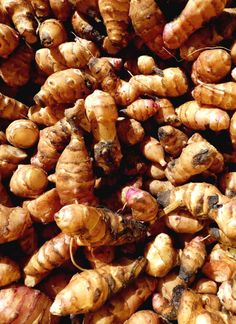
How to care for Jerusalem artichoke plants?
Water regularly during summer drought to allow tubers to expand. ...help. Mulch the soil surface with garden compost to help retain moisture, especially in fast-draining sandy soils. Section
Location
Jerusalem artichoke (Helianthus tuberosus), also known as sunflower, sunflower, wild sunflower, [2] topinambur, [2] or Jerusalem artichoke, is a species of sunflower native to central North America.
Sunlight
Jerusalem artichoke is a sun-grown variety and shade affects its growth. Although these plants are wind resistant, salty air can also be harmful. The plant does not need a lot of fertilizer (adding too much nitrogen may affect tuber production).
Soil
Amending poor soil before planting can encourage the growth of large tubers, making them easier to cook later. They like alkaline conditions, so if your soil is too acidic, add lime to raise the pH to around 6.5.
Hydration
Watering Jerusalem cherries does not mean following a rigid schedule; It's about observing and responding to the plant's needs. The goal is to make sure the water is deep enough to reach all the important roots. The rule of thumb is to water when the top of the finger feels dry to the touch.
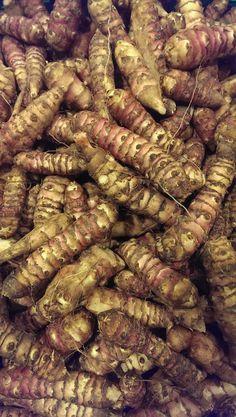
Nourishment
Jerusalem artichoke is an excellent source of potassium and a good source of iron. Jerusalem artichoke is rich in a special type of fiber called inulin, which also has nutritional value. Inulin is a soluble fiber that balances blood sugar and also acts as a prebiotic.
Issues
The ubiquity of the disease means that blight, stem rot, and tuber rot will occur to some degree wherever Jerusalem artichoke grows. Symptoms Sclerotinia sclerotiorum infection causes basal ulcers, root rot, tube rot and wilt symptoms (21.5a). The root system and tubers will be damaged by the disease.
What are the benefits of the artichoke plant?
Jerusalem artichoke is famous in the field of medicinal herbs, especially for its active ingredients that help metabolic diseases. In addition to the main active ingredient inulin, tubers also contain many vitamins, trace elements and minerals.
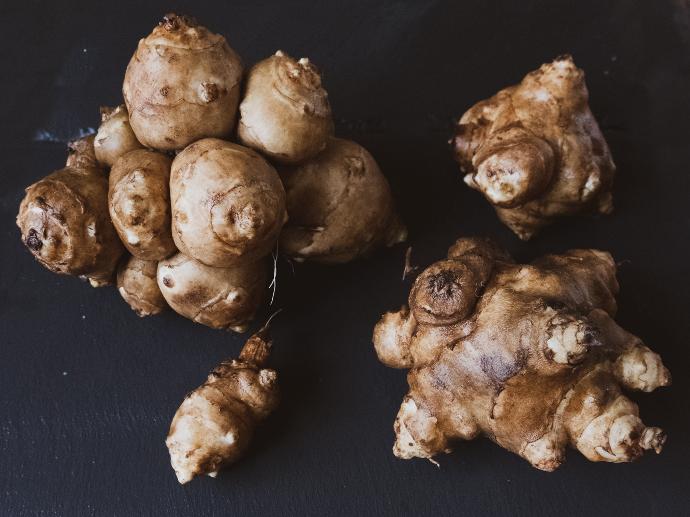
FAQs About Growing Jerusalem Artichoke
1. How are Jerusalem herbs used?
Jerusalem artichoke is famous in the field of medicinal plants, especially for its active ingredients that help metabolic diseases. In addition to the main product inulin, tubers also contain many vitamins, trace elements and minerals (
2. What flowers bloom in Jerusalem?
If you visit Israel during flower season, don't miss this unique experience.Narcissus in Nof Swamp, Golan Heights. EpisodeAnemone by MathKnight; [CC-BY-SA-3.0], via Wikimedia Commons.Cyclamen - Designed by BerndH.Lupine By Zachi Evenor [CC BY 4.0], via Wikimedia Commons.tulips.
3. What is the national flower of Jerusalem?
National Flower - AnemoneHowever, in November 2013, in a larger selection by the Israel Nature Conservancy and Ynet, the anemone was chosen as the national flower of Israel.
4. What are the health benefits of Jerusalem thorn?
The plant Jerusalem thistle (Paliurus spina-christi) is widely known and often used as an antidiarrheal, diuretic and anti-rheumatic agent.
5. Can we eat Jerusalem cherries?
All parts of the plant are poisonous, especially the unripe fruits. When the plant or fruit is eaten, early symptoms may include fever, sweating, vomiting, abdominal pain, headache and heart palpitations. Symptoms last a few hours and may last several days. death tells
